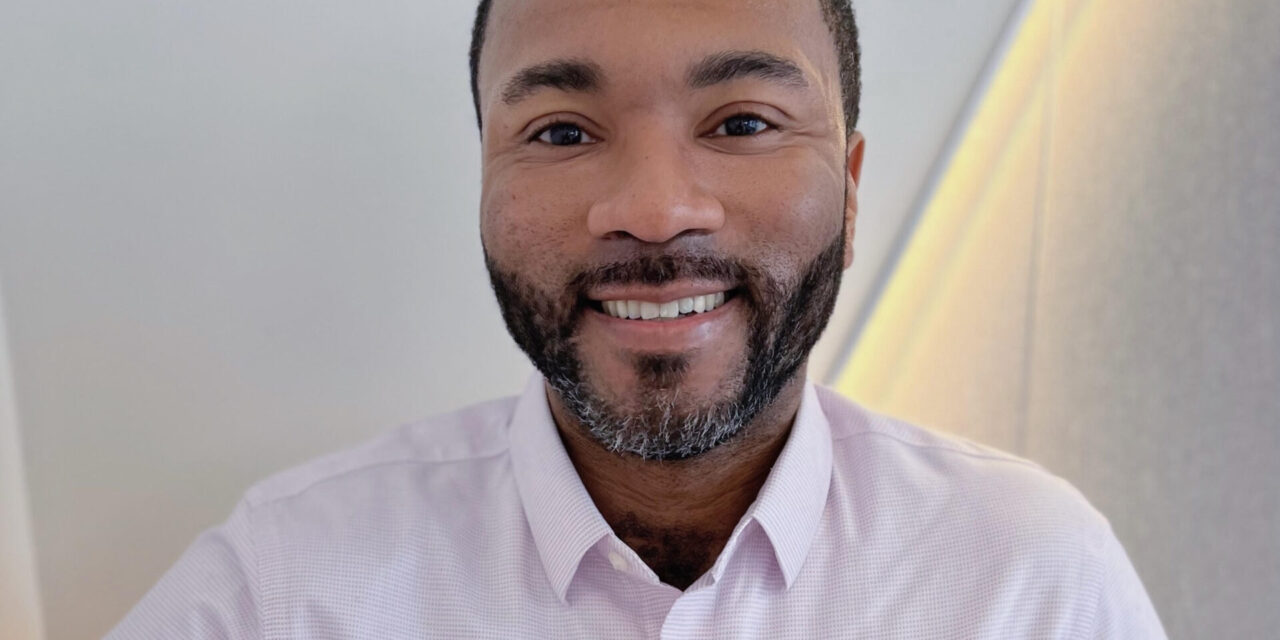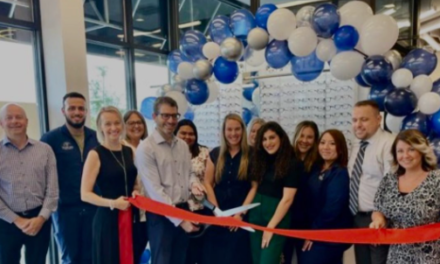Brad Burton is a Board-Certified Oncology Pharmacist (BCOP) who has made significant contributions to the field. With a deep passion for the industry, he has emerged as a prominent figure in oncology pharmacy. Dr. Burton’s academic journey began at the renowned University of North Carolina at Chapel Hill, where he pursued his studies in pharmacy. From there, he pursued post-graduate training with a specialized focus on oncology pharmacotherapy. This educational foundation provided him with a solid understanding of the intricacies of the field, shaping him into a knowledgeable and skilled oncology pharmacist and educator. Committed to continuous learning and professional development, Dr. Burton has obtained additional certifications to expand his expertise. His certifications in Good Pharmacovigilance Practice (GVP), Precision Medicine – Oncology Genomics through ACCP Academy, and Oncology Pharmacotherapy through the Board of Pharmacy Specialties demonstrate his dedication to staying at the forefront of industry advancements and providing the highest level of care to patients. Actively involved in professional organizations such as the Hematology Oncology Pharmacy Association (HOPA) and the University of North Carolina at Chapel Hill General Alumni Association (GAA), Burton remains connected with industry trends. He collaborates with fellow experts to enhance patient care and advance the practice of oncology pharmacy. Dr. Burton’s exceptional contributions are showcased through his extensive body of work, including over 10 notable publications. These publications highlight his research, insights, and valuable contributions to the scientific community. They stand as a testament to his expertise and unwavering dedication to improving patient outcomes in oncology pharmacy. Recognized for his outstanding contributions, Dr. Burton has received several prestigious awards, including the esteemed Johns Hopkins Hospital Pharmacy Residency Class Preceptor of the Year award for the 2017-2018 residency year. This accolade underscores his exceptional mentoring abilities and the impact he has on shaping the future of pharmacy professionals. Through his continuous pursuit of excellence, Dr. Brad Burton continues to make significant contributions that positively impact patient care and advance the practice of oncology pharmacy.
Why is education important in the field of pharmacy when it comes to ensuring medication safety for patients?
The role of pharmacists in ensuring medication safety cannot be overstated. With the responsibility of providing risk protocols to patients taking high-alert medications and managing high-risk processes during medication, pharmacists are crucial to the safety and wellbeing of patients. Education is a critical component of this responsibility. We educate not only patients, but also other health care professionals which empowers them with the knowledge and skills necessary to identify potential hazards and prevent medication errors. By investing in ongoing education and professional development and consulting a various medication safety resources, pharmacists can fulfill their important role in promoting medication safety and protecting patient health.
How can pharmacists emphasize the importance of medication safety to their pharmacy learners?
First, we can suggest that learners approach their work as though every single action will affect themselves or a loved one. This drives a crucial shift towards patient-centric and altruistic thinking and actions which set the foundation for safe patient care. Next, we can education learners that although errors are an unintended, but real consequence of health care delivery, that systems can and should be set in place to mitigate hazards as best as possible. Although pharmacists are considered medication experts within their teams, other health care professionals, mechanical systems, devices, and technology also support the delivery and administration of medications in order for patients to derive therapeutic benefit. Learners, therefore, should understand how all of these interplay in order to recognize how they can mitigate risks as medication experts. Finally, learners should be encouraged to consult the wealth or resources and guidelines which support safe prescribing, dispensing, and administration fo medications. Serving as medication safety expert trainees on interdisciplinary committees and medication error task forces while working alongside safety specialists are also critical, as these opportunities bring the importance of medication safety to life.
Can you discuss the role of education in developing effective communication skills for pharmacy professionals and how it impacts medication safety?
Pharmacists are entrusted with ensuring that their patients receive effective treatment and care. But beyond their technical expertise, they must possess strong interpersonal communication skills to excel in their profession. Interaction with patients, healthcare providers, and colleagues is a part of their daily routine. A pharmacist must communicate complicated medical information in a way that can be understood by patients, and in turn, ensure better medication adherence. Proper communication skills can foster a better understanding of medication use, which can subsequently improve therapeutic outcomes. The ability to communicate effectively is a valuable asset in a pharmacist’s toolkit, making it a crucial aspect in their education and training. By honing their interpersonal communication skills, pharmacists can play a pivotal role in improving medication safety and overall healthcare outcomes.
In what ways does ongoing education and training contribute to improving medication safety practices in pharmacy?
Pharmacists are an integral part of the healthcare system as they work directly with patients. It is essential for them to have ongoing education to maintain their expertise and ensure proper outcomes in the long term. Furthermore, rapid scientific and technological advances in health care underscore the importance of life-long learning. Aside from maintaining competency, continual learning may translate to improved outcomes as pharmacists will stay equipped with latest knowledge and practice standards. Some jurisdictions even require that pharmacists complete continuing education specifically in medication safety. In summary, ongoing education for pharmacists ensures proficiency in delivering high quality care, which thereby trickles down to optimized medication safety practices.
How does a pharmacist’s knowledge and understanding of medications influence patient counseling and medication safety?
Having a well-informed and knowledgeable pharmacist can greatly enhance the overall safety of patients. Pharmacist skills in medicine enable them to ensure that patients receive the correct medication, in the right dosage, administered at the correct time, and in the right route. These are all crucial elements of the five rights, which are fundamental to the practice of pharmacy. Pharmacists play a vital role in patient counseling, and they facilitate the safe and effective use of medicine. Their ability to effectively communicate medication-related information to patients and healthcare providers is of the utmost importance in ensuring improved clinical outcomes. A pharmacist with comprehensive knowledge and skills in medicine can make a significant impact on patient safety by reducing adverse drug reactions, managing drug interactions, and ultimately improving patient outcomes.




